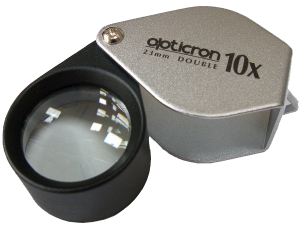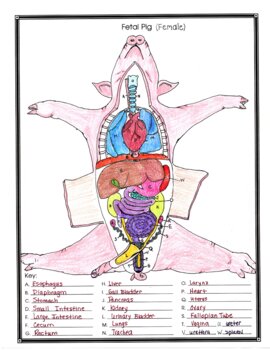What happens to an egg soaked in vinegar
What Happens To An Egg Soaked In Vinegar. When you take the egg out of the vinegar it s soft because all of the carbon floated out of the egg in those little bubbles. Boil an egg for 10 12 minutes until it is hard boiled. Place the egg in a jar cover it with vinegar and cover the jar. Place in the refrigerator for 24 hours then replace the vinegar.
 Naked Egg Biology Chemistry Science Activity Exploratorium Teacher Institute Project From exploratorium.edu
Naked Egg Biology Chemistry Science Activity Exploratorium Teacher Institute Project From exploratorium.edu
The vinegar dissolves the shell but leaves the membrane. Place in the refrigerator for 24 hours then replace the vinegar. Let the egg sit in the new vinegar solution in the covered jar for at least 24 hours may take a few days. When you take the egg out of the vinegar it s soft because all of the carbon floated out of the egg in those little bubbles. Record the time you put the egg in the vinegar then observe the egg for a few minutes. It goes on to change the chemical composition of an egg making it rubbery on being dipped in vinegar for a few days.
Boil an egg for 10 12 minutes until it is hard boiled.
When you take the egg out of the vinegar it s soft because all of the carbon floated out of the egg in those little bubbles. In a science experiment reminiscent of a 6th grade science fair sans the errupting volcano bloggers at funsterz wanted to find out what happens to an egg when you soak it in vinegar. When you take the egg out of the vinegar it s soft because all of the carbon floated out of the egg in those little bubbles. You may need to use a spoon to help. The egg in vinegar experiment though pretty simple gives your child the foundation knowledge on reactions between acids and bases. Boil an egg for 10 12 minutes until it is hard boiled.
 Source: pinterest.com
Source: pinterest.com
There are minor changes in the size of the egg too which can be measured. Soaking an egg in vinegar produces what is known as a naked egg which is an egg without a shell. Since the egg shell is made out of calcium carbonate and is eaten up by the acidic vinegar. Boil an egg for 10 12 minutes until it is hard boiled. The egg may float in the liquid for a minute or two but it will eventually sink.
 Source: bluebearwood.co.uk
Source: bluebearwood.co.uk
If you soak this egg shell in vinegar which is about 4 acetic acid you start a chemical reaction that dissolves the calcium carbonate shell. The acetic acid reacts with the calcium carbonate in the egg shell and releases carbon dioxide gas that you see as bubbles on the shell. Egg in vinegar experiment. You may need to use a spoon to help. The egg may float in the liquid for a minute or two but it will eventually sink.
 Source: youtube.com
Source: youtube.com
Egg in vinegar experiment. The egg may float in the liquid for a minute or two but it will eventually sink. If you soak this egg shell in vinegar which is about 4 acetic acid you start a chemical reaction that dissolves the calcium carbonate shell. Egg in vinegar experiment. Let the egg sit in the new vinegar solution in the covered jar for at least 24 hours may take a few days.
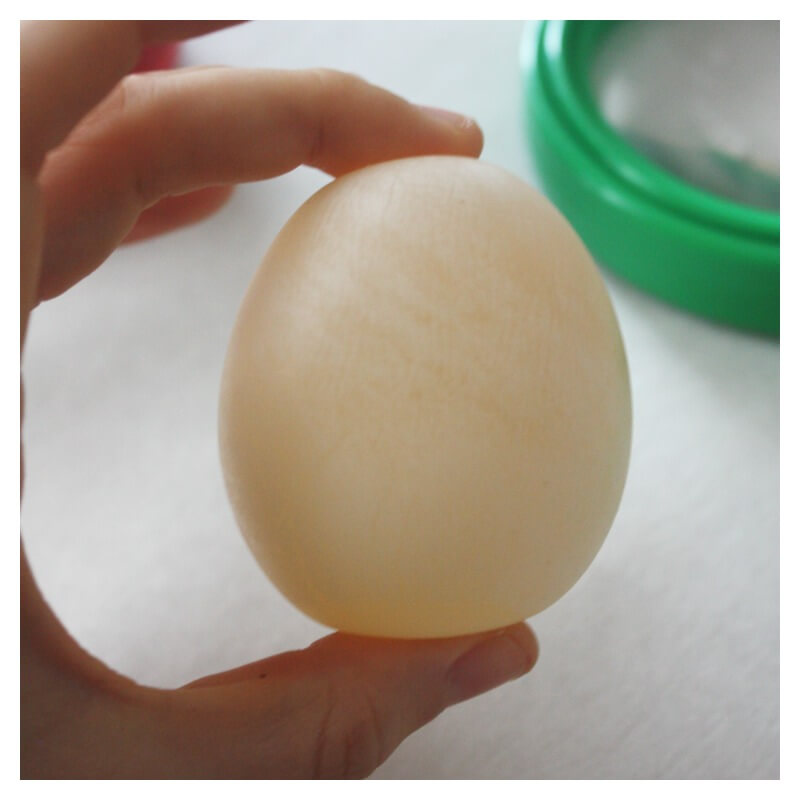 Source: littlebinsforlittlehands.com
Source: littlebinsforlittlehands.com
Place the egg in a jar cover it with vinegar and cover the jar. Place in the refrigerator for 24 hours then replace the vinegar. Boil an egg for 10 12 minutes until it is hard boiled. Soaking an egg in vinegar produces what is known as a naked egg which is an egg without a shell. In a science experiment reminiscent of a 6th grade science fair sans the errupting volcano bloggers at funsterz wanted to find out what happens to an egg when you soak it in vinegar.
 Source: thisisgoodgood.com
Source: thisisgoodgood.com
There are minor changes in the size of the egg too which can be measured. The acetic acid reacts with the calcium carbonate in the egg shell and releases carbon dioxide gas that you see as bubbles on the shell. Record the time you put the egg in the vinegar then observe the egg for a few minutes. After two days in vinegar the egg shell completely dissolves revealing a kind of jellied and naked egg. The egg may float in the liquid for a minute or two but it will eventually sink.
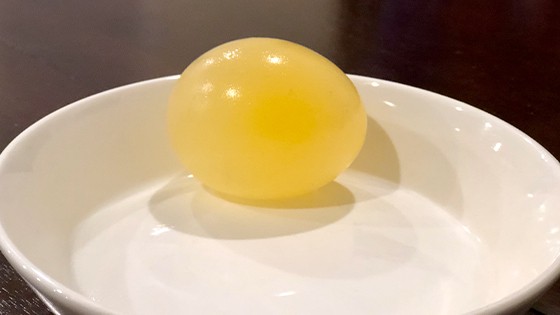 Source: mombrite.com
Source: mombrite.com
Since the egg shell is made out of calcium carbonate and is eaten up by the acidic vinegar. Carefully put the egg into the glass of vinegar. The egg in vinegar experiment though pretty simple gives your child the foundation knowledge on reactions between acids and bases. If you soak this egg shell in vinegar which is about 4 acetic acid you start a chemical reaction that dissolves the calcium carbonate shell. The egg may float in the liquid for a minute or two but it will eventually sink.
 Source: exploratorium.edu
Source: exploratorium.edu
You may need to use a spoon to help. Place the egg in a jar cover it with vinegar and cover the jar. Since the egg shell is made out of calcium carbonate and is eaten up by the acidic vinegar. Boil an egg for 10 12 minutes until it is hard boiled. In a science experiment reminiscent of a 6th grade science fair sans the errupting volcano bloggers at funsterz wanted to find out what happens to an egg when you soak it in vinegar.
 Source: scienceworksmuseum.org
Source: scienceworksmuseum.org
Soaking an egg in vinegar produces what is known as a naked egg which is an egg without a shell. The vinegar dissolves the shell but leaves the membrane. You may need to use a spoon to help. There are minor changes in the size of the egg too which can be measured. The acetic acid reacts with the calcium carbonate in the egg shell and releases carbon dioxide gas that you see as bubbles on the shell.
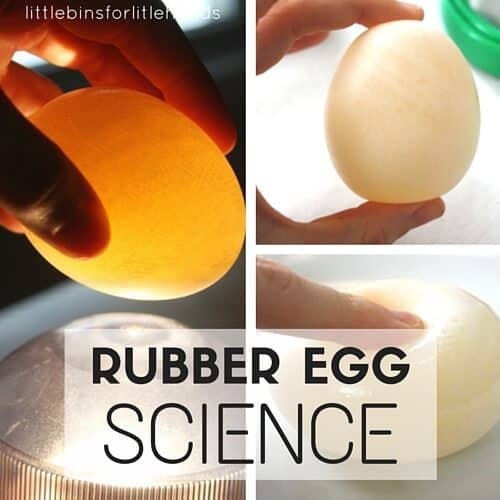 Source: littlebinsforlittlehands.com
Source: littlebinsforlittlehands.com
There are minor changes in the size of the egg too which can be measured. In a science experiment reminiscent of a 6th grade science fair sans the errupting volcano bloggers at funsterz wanted to find out what happens to an egg when you soak it in vinegar. The vinegar dissolves the shell but leaves the membrane. Let the egg sit in the new vinegar solution in the covered jar for at least 24 hours may take a few days. It goes on to change the chemical composition of an egg making it rubbery on being dipped in vinegar for a few days.
 Source: youtube.com
Source: youtube.com
If you soak this egg shell in vinegar which is about 4 acetic acid you start a chemical reaction that dissolves the calcium carbonate shell. It goes on to change the chemical composition of an egg making it rubbery on being dipped in vinegar for a few days. The egg may float in the liquid for a minute or two but it will eventually sink. In a science experiment reminiscent of a 6th grade science fair sans the errupting volcano bloggers at funsterz wanted to find out what happens to an egg when you soak it in vinegar. After two days in vinegar the egg shell completely dissolves revealing a kind of jellied and naked egg.
 Source: reddit.com
Source: reddit.com
The egg may float in the liquid for a minute or two but it will eventually sink. You may need to use a spoon to help. Boil an egg for 10 12 minutes until it is hard boiled. When you take the egg out of the vinegar it s soft because all of the carbon floated out of the egg in those little bubbles. Place in the refrigerator for 24 hours then replace the vinegar.
 Source: pinterest.com
Source: pinterest.com
There are minor changes in the size of the egg too which can be measured. Record the time you put the egg in the vinegar then observe the egg for a few minutes. The egg in vinegar experiment though pretty simple gives your child the foundation knowledge on reactions between acids and bases. You may need to use a spoon to help. The vinegar dissolves the shell but leaves the membrane.
 Source: m.youtube.com
Source: m.youtube.com
The vinegar dissolves the shell but leaves the membrane. Let the egg sit in the new vinegar solution in the covered jar for at least 24 hours may take a few days. Soaking an egg in vinegar produces what is known as a naked egg which is an egg without a shell. It goes on to change the chemical composition of an egg making it rubbery on being dipped in vinegar for a few days. The vinegar dissolves the shell but leaves the membrane.
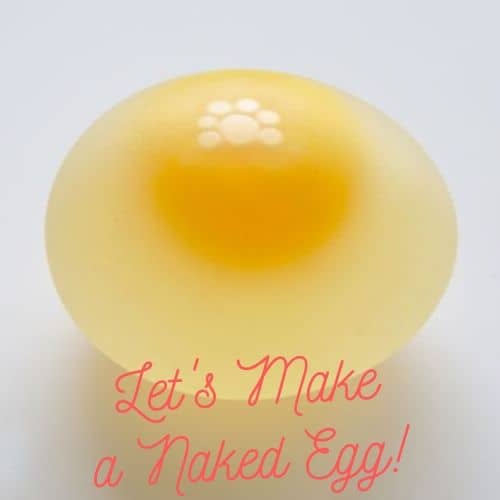 Source: gosciencegirls.com
Source: gosciencegirls.com
Place in the refrigerator for 24 hours then replace the vinegar. In a science experiment reminiscent of a 6th grade science fair sans the errupting volcano bloggers at funsterz wanted to find out what happens to an egg when you soak it in vinegar. Since the egg shell is made out of calcium carbonate and is eaten up by the acidic vinegar. You may need to use a spoon to help. The acetic acid reacts with the calcium carbonate in the egg shell and releases carbon dioxide gas that you see as bubbles on the shell.
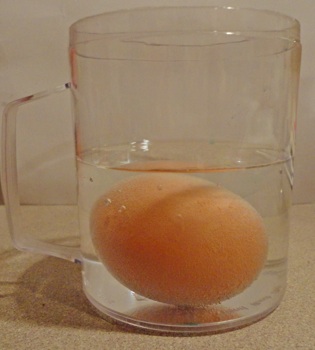 Source: metrofamilymagazine.com
Source: metrofamilymagazine.com
Egg in vinegar experiment. Place in the refrigerator for 24 hours then replace the vinegar. Soaking an egg in vinegar produces what is known as a naked egg which is an egg without a shell. Boil an egg for 10 12 minutes until it is hard boiled. Let the egg sit in the new vinegar solution in the covered jar for at least 24 hours may take a few days.
If you find this site serviceableness, please support us by sharing this posts to your preference social media accounts like Facebook, Instagram and so on or you can also save this blog page with the title what happens to an egg soaked in vinegar by using Ctrl + D for devices a laptop with a Windows operating system or Command + D for laptops with an Apple operating system. If you use a smartphone, you can also use the drawer menu of the browser you are using. Whether it’s a Windows, Mac, iOS or Android operating system, you will still be able to bookmark this website.


